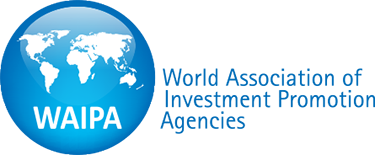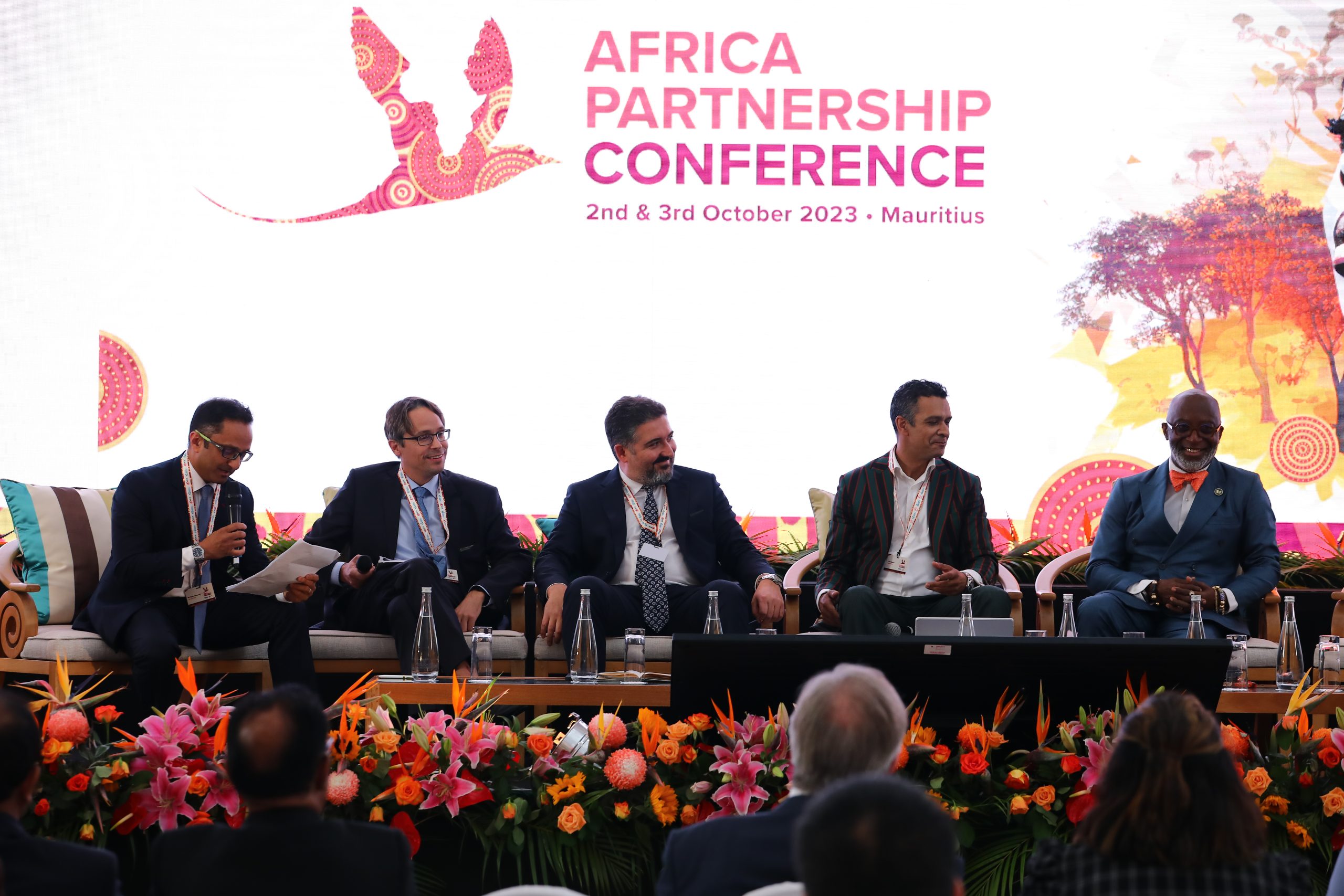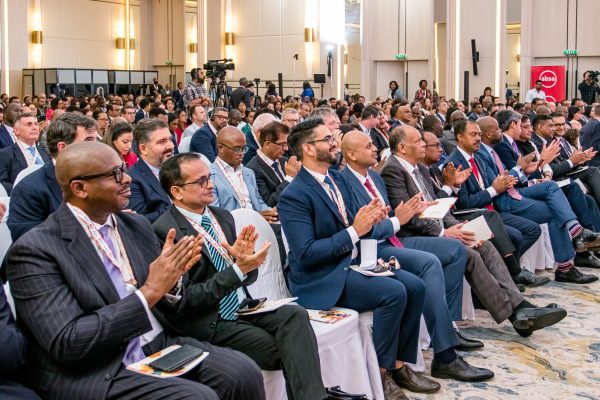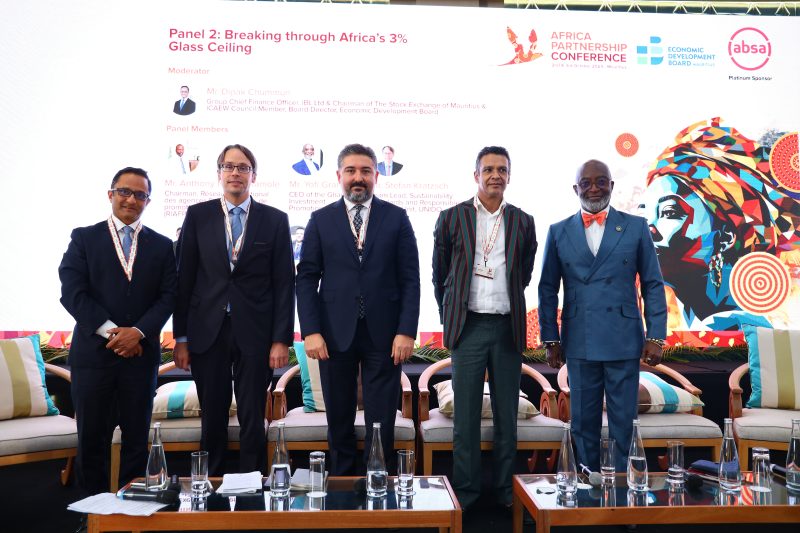Africa, the continent of plenty natural resources, human capital and one of the largest growing consumer markets in the world is still facing a massive declining rate of Foreign Direct Investments (FDIs). According to the World Investment Report 2023 (UNCTAD), estimates a decline to $45 billion in 2022 from $80 billion in 2021. Africa’s struggle to break the 3% glass ceiling (the continent accounts for less than 3.5% of the global GDP, receives less than 3% of global FDIs and accounts for less than 3% of global trade) is paved with numerous challenges but immense hope and optimism for its future growth and development.
During the Africa Partnership Conference, Mr. Ismail Ersahin, Executive Director and CEO of WAIPA played a crucial role in addressing the challenges of African Investment Promotion Agencies (IPAs) in breaking this 3% glass ceiling. The panel was shared amongst diverse panelists including Mr. Anthony Nkinzo Kamole, Chairman, RIAFPI, Mr. Yofi Grant, CEO of the Ghana Investment Promotion Centre and WAIPA Regional Director for Sub-Saharan Africa, Mr. Stefan Kratzsch, Team Lead, Sustainability Standards and Responsible Business Unit, Mr. Neil Naidoo, MD, Head of Africa Regional Operations, Absa Group and moderated by Mr. Dipak Chummun, CFO at IBL Ltd & Board Director.
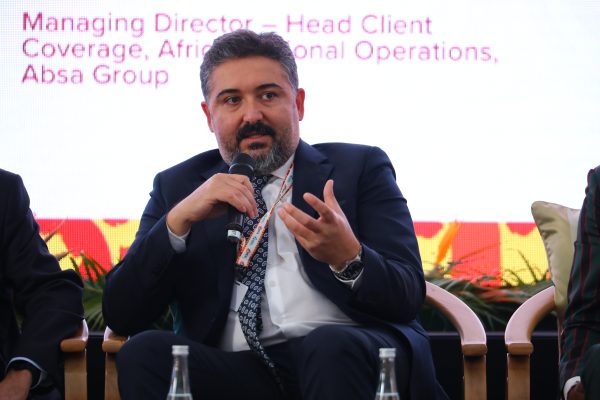 The discussion revolved around the plethora of challenges faced by the African countries due to their geopolitical tensions, food shortages, energy insecurity and crisis. However, despite these challenges, some of these African countries are estimated to be amongst the fastest growing economies in the world. Therefore, the Investment Promotion Agencies, with their steadfastness and agility can become engines for sustainable FDIs into the country. Investments unlike trade require long-term commitment and that is where inter cooperation amongst not only IPAs from across the world but also cooperation amongst African IPAs will play a crucial role. This will also help IPAs to learn from each other, further enhancing their partnership and commitment for change. According to Yofi Grant, this narrative around the “3% glass ceiling” needs to change for Africa and that can only happen when African IPAs are empowered to narrate their own stories. IPAs are also cognizant of both the public and private sector thereby becoming enablers for the inclusion of private sector.
The discussion revolved around the plethora of challenges faced by the African countries due to their geopolitical tensions, food shortages, energy insecurity and crisis. However, despite these challenges, some of these African countries are estimated to be amongst the fastest growing economies in the world. Therefore, the Investment Promotion Agencies, with their steadfastness and agility can become engines for sustainable FDIs into the country. Investments unlike trade require long-term commitment and that is where inter cooperation amongst not only IPAs from across the world but also cooperation amongst African IPAs will play a crucial role. This will also help IPAs to learn from each other, further enhancing their partnership and commitment for change. According to Yofi Grant, this narrative around the “3% glass ceiling” needs to change for Africa and that can only happen when African IPAs are empowered to narrate their own stories. IPAs are also cognizant of both the public and private sector thereby becoming enablers for the inclusion of private sector.
Moving forward, the role of IPAs is not limited to attracting FDIs, but it extends to ensuring investments are realizing the sustainable development goal. Therefore, the discussion also emphasized the importance of strong IPAs will be identified based on their strong understanding and expertise on sector-based understanding. Additionally, the rise of Environment, Social and Governance (ESG) integration in investments is also gaining prominence and if IPAs want to attract more ESG then they need to establish an entire new investment pipeline with a clear matrix on ESG ratings and standards.
Mr. Ersahin also emphasized the rapid adoption of technologies such as Artificial Intelligence, digital services, data analytics in facilitating quicker and more efficient connections between investors and IPAs. While he is also confident that AI and digitalization will not replace the need or importance of IPAs, embracing its benefits can enhance their effectiveness. While also recognizing the human connectedness, and interaction will still have to play an essential role in strengthening the partnership and cooperation amongst IPAs and also between IPAs and investors. This reinforces the pivotal role of IPAs in driving economic progress and sustainable development.
In conclusion, WAIPA recognizes that Africa is the future of our planet therefore, the efforts that strengthen the IPAs in the present are very important to safeguard economic and social stability. WAIPA has closely worked with ILO, UNCTAD, UNIDO, UN-OHRILLS to empower IPAs by organizing capacity building sessions for Investment Promotion and facilitation in the Least Developed countries. At WAIPA, we have also co-organized courses on investment facilitation, sustainable development, and decent work to support the governments to maximize FDIs. Therefore, the presence of WAIPA at the Africa Partnership Conference is an extension of its commitment to harnessing sustainable FDIs for developing countries.
